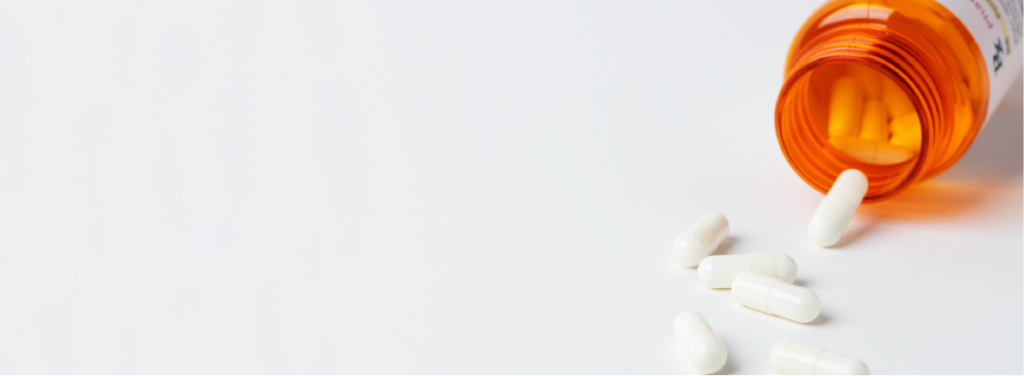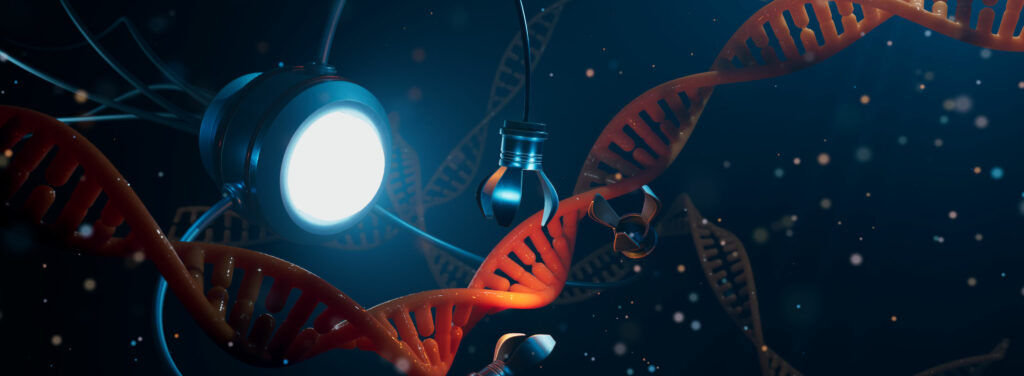February 3, 2023
Throughout the world, the anti-aging healthcare product NMN has become increasingly popular. Major platforms began to use purity, technology, origin, and content as selling points for their product, content especially has become the largest promotion point. Consumers are often misled, believing that a higher product content equates to better products! Is this really the case? Although health products are health foods, excessive use will still have side effects. Especially for the health care product neonatal NMN, in the absence of many clinical trials to verify the specific dosage, we need to consume rationally for now.
From 2016 to 2018, Harvard Medical School, Keio University and other world-class research institutions conducted in-depth research on NMN, from the reversal of muscle wasting, improvement of physical fitness, inhibition of aging caused by cognitive decline, and the protection of cardiovascular and cerebrovascular aspects in a comprehensive and powerful proof of NMN in anti-aging. But in the terms of dosage, the market is still very confusing, some NMN products are advertised as ≥ 500 mg, and as an anti-aging supplement capsule form, this is a very high dose. NMN is a very new anti-aging health supplement, although the effect has been demonstrated by authoritative institutions, the dosage still needs the support of rigorous clinical testing. High-dose use is needed to complete the necessary clinical and toxicological studies to determine the recommended safe dosage for long-term health management, otherwise, it is impossible to evaluate the safety of these large doses for consumption.
In March 2022, Harshani Nadeeshani[1] New Zealand Food Nutrition Doctor et al. published a comprehensive research report on the safety of anti-aging health food NMN in the world’s authoritative journal Science Direct.

In the report, it is noted that Yoshino et al. [2] conducted a clinical trial to supplement with 250 mg/day of NMN over 10 weeks to identify effects on body composition, gene expression signatures, insulin signaling, and insulin sensitivity. Potential metabolic benefits were observed without any adverse effects.
Prior to this, in 2020, Irie et al. [3] conducted a nonblinded clinical trial utilizing 10 healthy men to investigate the safety of oral NMN drug management and nicotinamide metabolite pharmacology at Keio University School of Medicine, Japan.

The non-randomized intervention in this experiment administered 100 mg, 250 mg, and 500 mg NMN as a single oral dose. Findings and parameters changed after 5 hours of studying and clinically recording metabolites for each intervention, as well as the pharmacokinetics of NMN. Eye examinations and sleep quality assessment changes were also performed before and after the intervention. A single oral dose of NMN did not cause significant clinical symptoms or changes in heart rate, blood pressure, oxygen saturation, or temperature. Laboratory findings do not depend on the dose of NMN except for elevated serum bilirubin levels and serum creatinine, chloride, and blood glucose levels within normal ranges. Eye examination and sleep outcome quality scores showed no difference before and after the intervention. The plasma concentration NMN of N-methyl-2-pyridone-5-carboxamide significantly increases the dose dependence of carboxamide and N-methyl-4-pyridone-5-carboxamide. A single oral dose of NMN was metabolized safely and efficiently in healthy men without causing any significant harmful effects. Therefore, the discovery of oral administration of NMN is feasible, implying a potential therapeutic strategy to mitigate aging-related diseases in humans.
Finally, they concluded that the dosage recommendations are: 100 mg, 250 mg and 500 mg NMN. These doses are well tolerated and safe because as of yet they are not found to cause any observable clinical symptoms or changes in body temperature, oxygen saturation, blood pressure, or heart rate. Therefore, taking the median safety level when taking NMN is recommended, 400 mg/day. We continue to track reports on global coverage of safe NMN dosage.
Reference:
【1】Harshani, Nadeeshania,JinyaoLi, bTianleiYingc, Baohong ZhangdJ -Nicotinamide mononucleotide (NMN) as an anti-aging health product – Promises and safety concerns
【2】Yoshino MJ, Yoshino BD, Kayser G, Patti MP, Franczyk KF, Mills M, Sindelar T- Pietka BW, Patterson SI, Imai S Klein. -Nicotinamide mononucleotide increases muscle insulin sensitivity in prediabetic women. Science 2021: eabe9985.
【3】2020,Junichiro Irie, Emi Inagaki, Masataka Fujita, Hideaki Nakaya, Masanori Mitsuishi, etc. — Effect of oral administration of nicotinamide mononucleotide on clinical parameters and nicotinamide metabolite levels in healthy Japanese men





